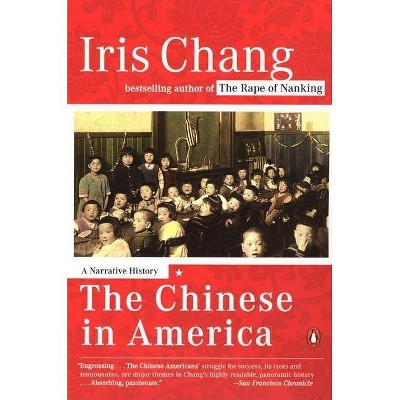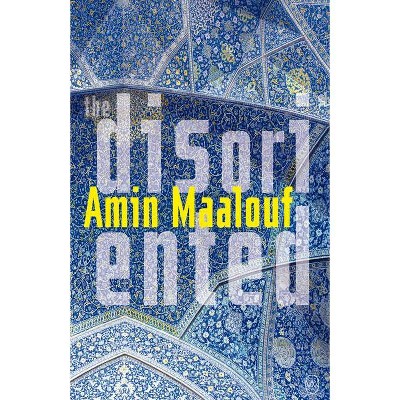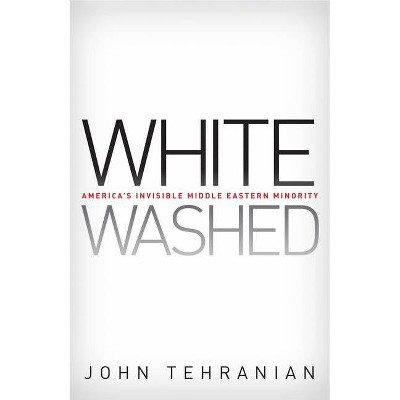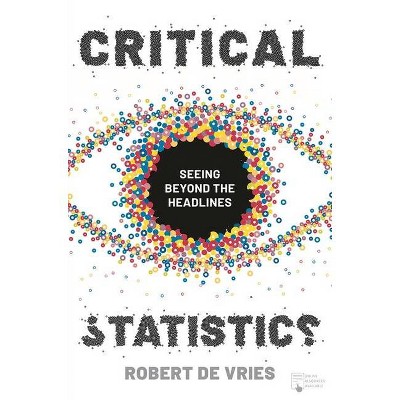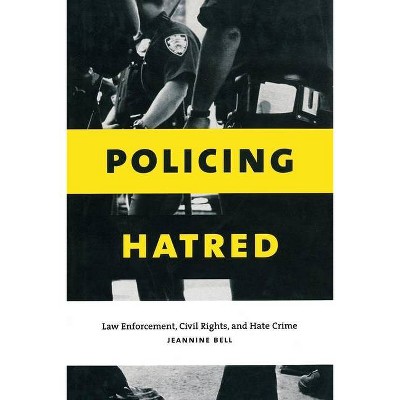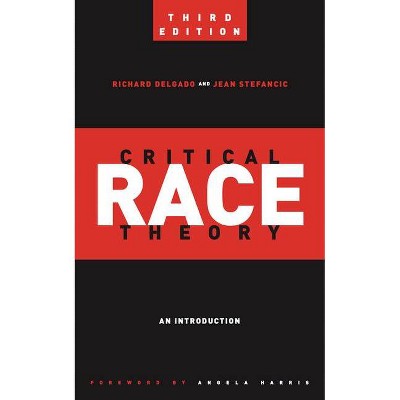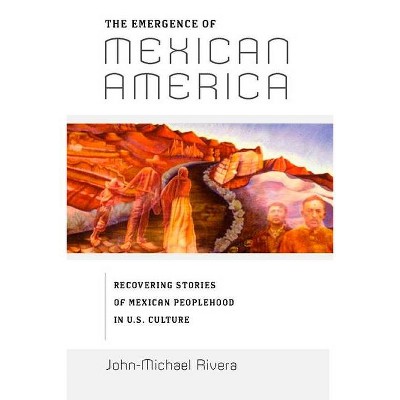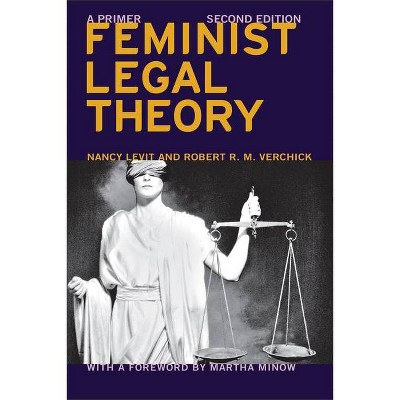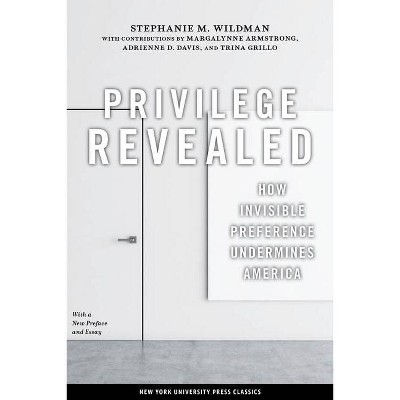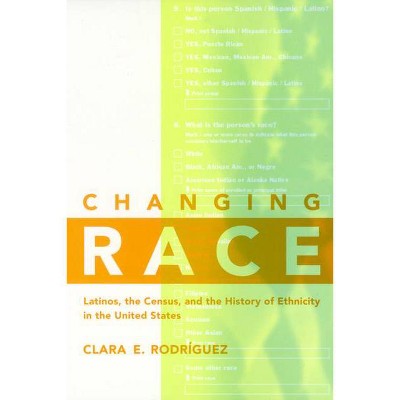Disoriented - (Critical America) by Robert Chang (Paperback)
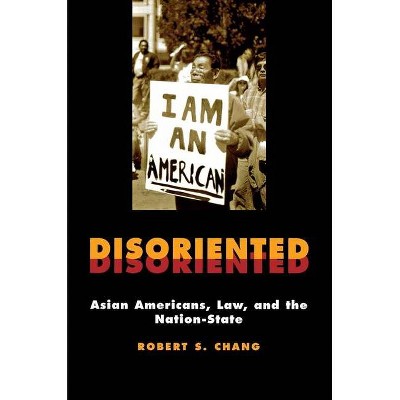
Similar Products
Products of same category from the store
AllProduct info
<p/><br></br><p><b> Book Synopsis </b></p></br></br><p>Does "Asian American" denote an ethnic or racial identification? Is a person of mixed ancestry, the child of Euro- and Asian American parents, Asian American? What does it mean to refer to first generation Hmong refugees and fifth generation Chinese Americans both as Asian American?</p> <p>In <em>Disoriented: Asian Americans, Law, and the Nation State</em>, Robert Chang examines the current discourse on race and law and the implications of postmodern theory and affirmative action--all of which have largely excluded Asian Americans--in order to develop a theory of critical Asian American legal studies.</p> <p>Demonstrating that the ongoing debate surrounding multiculturalism and immigration in the U.S. is really a struggle over the meaning of "America," Chang reveals how the construction of Asian American-ness has become a necessary component in stabilizing a national American identity--a fact Chang criticizes as harmful to Asian Americans. Defining the many "borders" that operate in positive and negative ways to construct America as we know it, Chang analyzes the position of Asian Americans within America's black/white racial paradigm, how "the family" operates as a stand-in for race and nation, and how the figure of the immigrant embodies a central contradiction in allegories of America.</p><p/><br></br><p><b> Review Quotes </b></p></br></br><br>Has profound political implications for race relations in the new century.-- "Michigan Law Review"<br><br>Sophisticated and passionate . . . As [Robert Chang] says, our world is now 'bursting with color' and it is his accomplishment in this book to re-theorize the vocabulary within which questions of race are debated in this society.--Stanley Fish, University of Illinois, Chicago<br>
Price History
Price Archive shows prices from various stores, lets you see history and find the cheapest. There is no actual sale on the website. For all support, inquiry and suggestion messagescommunication@pricearchive.us
